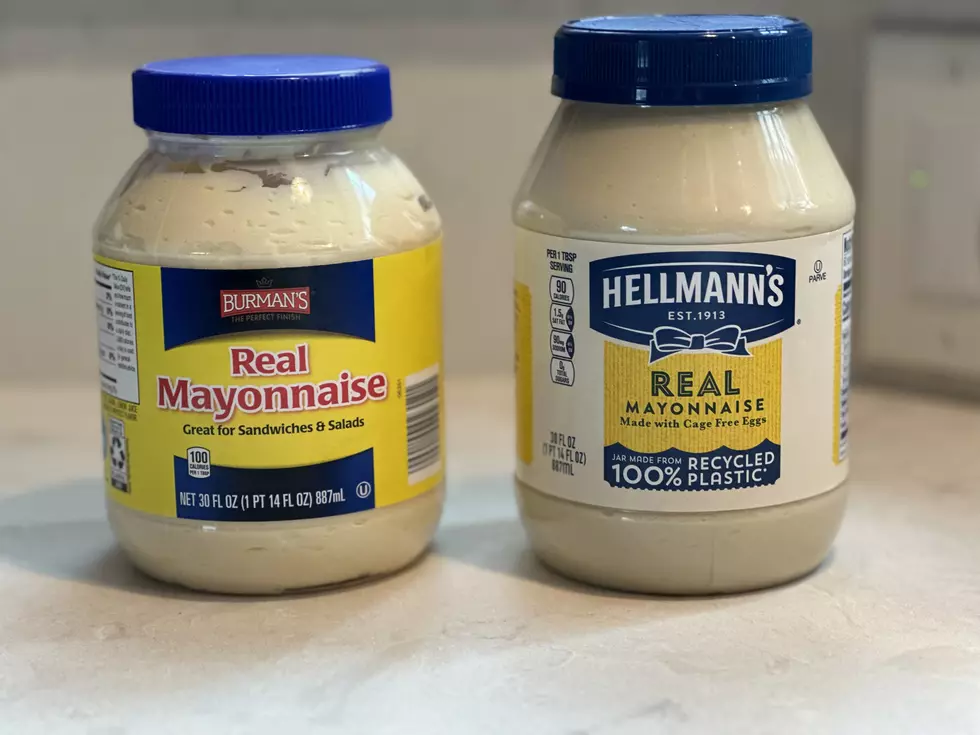
EXCLUSIVE: WAP Catches Sexual Predators in Central New York and Around the Country
[AUTHORS' NOTE: The post below, and the links included in it, contain adult content that some might find offensive. The subjects of child predation, exploitation, and pedophilia are being discussed herein in an effort to help put an end to those practices, and to call attention to how widespread they are. The reader with sensibilities regarding same is warned not to read this post.]
For the purposes of the interview she called herself "Steph." Steph is one of the members of Women Against Predators (WAP). They pose as young girls and boys online in an effort to catch sexual predators who are prepared to meet children with the alleged intent to engage in sexual activity with them. She has been active in the group since 2016 and has directly helped to put more than a dozen sexual predators in jail, and indirectly helped with more than fifty cases.
https://www.youtube.com/c/WomanAgainstPredators
Her team is global and consists of members around the world. Their "Catcher," the person who goes out to meet the alleged predators - sometimes with or without others - is "Alex;" he is known as "Gordon Flowers."
She says that her team uses Facebook to catch suspected predators. Other teams use dating apps. She says that her group uses "the app everyone uses because that is where children are." She describes what she sees on a daily basis as "disgusting."
She says that everyone talks about the 13 and 14 year-old children but she says that many of the victims are actually eight and nine years old.
As online decoys she says that they observe specific guidelines and rules among members. Because they are citizens and not members of law enforcement what they do is not "entrapment." She says that the decoys do not send anything sexual, or anything other than a "face pic." What they receive in return, however, is often pornographic.
The PPO profile is a decoy and their pictures are transformed into the picture of a child.
"Steph" says that the alleged predators send nude pictures or porn links during almost every incident. They stream their calls live. The public can listen live to the calls.
She says that not all of the suspected predators are men. In one of her latest cases, a couple in Pennsylvania was arrested. The woman would call the children to "Daddy" in the case from Bucks County, Pennsylvania. The man had to "approve" the woman's "catches" and they would engage in inappropriate behavior.
Another case is particularly frustrating for her and her team. She says the "Daddy Frank" case is one where the suspect is accused of being a repeat offender. During the call with him he acknowledges that she/the decoy is 13 years old and calls her "baby girl." He also acknowledges that if caught he would be "in a lot of trouble because (she is) under age." Still, in the video, he agrees to meet her and speaks of "ex-baby girls." At one point he says, "If I'm gonna be with a baby girl we are gonna get along, communicate, and have fun and do, do everything together like we're a couple, and I know that's what you want." During the conversation he asks the decoy not to tell her parents and asks "Do you want Daddy to go to jail?" He also acknowledges that he can go to jail unless she is 18.
She says that a lot of teams use decoys who are 13 because many teens are considered to be adults, or at least of the age of consent, at age 14.
The interview with WIBX was livestreamed on the WAP YouTube page. During the interview she said, "There are "64 [suspected predators] actively talking right now." The conversations were being monitored by at least one member of her team.
Many states have a "Romeo and Juliet" type law that allows for a four-year difference between sexually active minors. The law is designed to prevent an 18-year-old from going to jail for dating a 17-year-old, but "Steph" says that she believes that even that is not right, asserting that a 17-year-old is still a child.
She says that they often employ a code word or phrase that is used by the alleged predator and the decoy victim to confirm identity and intention. For her group the phrase is "friend pickles." When asked if she was worried that disclosure of the code word would hamper her group's ability to catch predators she replied that she hopes that is serves as a deterrent. "If I can create a fear to know that we are there then I have done my job," she said.
Her group is one of several groups that are a part of Net Predator, dedicated to revealing sexual predators.
She urges parents to be vigilant checking their children's social media.
She warns members of the public and says, "If I catch you, I will blow up your social media with information about you."
When asked about the possible ramifications of her work, and about the potential ruination of the life of an accused predator, she replies, "If you're hurting a child you have no place on this earth."
Steph is a childhood rape survivor and survived almost twelve years of what she described of as "constant rape." That is part of her motivation for working to expose sexual predators. She says, "I am out there protecting every child out there."
She says that her group is assisted by a group of others including a technology team. She says that some apps - like SnapChat - delete conversations. They do not fully delete them, she says. If someone thinks that they are safe because their conversation is deleted, know that the conversation is preserved. "Snapchat is not your friend, we got you." They ask for confirmation pictures and record their conversations.
As noble as the group's goals are law enforcement authorities warn citizens not to take the law into their own hands. Engaging someone who is committing a crime is dangerous.
Steph acknowledges the dangers and remains committed.
To parents, grandparents, and guardians she says, "Please help me protect your kids...grab your kids' device and tell them why you're doing what you are doing." Do not let anyone who you don't know talk with your children on apps or social media.
Police In New York Need Help Solving 7 Cold Cases Of Murdered Children
This New York Airbnb Features a Massive Indoor Pool for Guests
TAKE A TOUR: This Former Day Spa is For Sale in Westmoreland
Own a Part of Your Childhood, The Catskill Game Farm is For Sale!
More From WIBX 950









